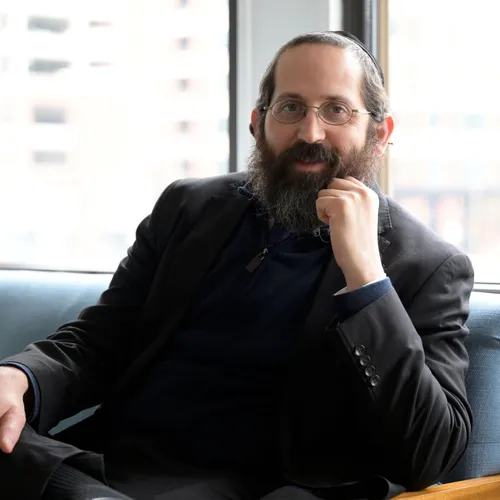The Smart Couple’s Guide to Hiring a Marriage Counselor Who Gets Results
- Author
- Shlomo & Rivka Slatkin
- Published
- Sun 02 Oct 2022
- Episode Link
- https://themarriagerestorationproject.com/3-ways-to-find-the-right-marriage-counselor-for-you/
Hiring a marriage counselor is one of the most important relationship decisions you’ll ever make—and not all therapists are equally equipped to help. Many couples unknowingly choose a counselor based on location, insurance coverage, or availability, only to discover that the fit isn’t right or the results are underwhelming.
In this guide, you’ll learn how to choose the right marriage counselor in three simple but powerful steps—so you can avoid costly mistakes, feel confident in your choice, and get the help your relationship truly needs.
Finding a therapist can be challenging—finding the right couples therapist can feel even harder. That’s because not every therapist who offers couples counseling is trained to do it effectively1.
Couples therapy requires specialized skills and training that go beyond what most general therapists learn in their degree programs. Choosing the wrong therapist can not only waste time and money but, in some cases, even make things worse2.
Here is a podcast episode to listen to that can help you find the best therapist for your marriage along with three research-backed steps to help you choose a couples therapist who can truly help your relationship.
1. Research to Find Experienced, Licensed Couples Therapy Experts
Don’t just pick the closest therapist in your insurance network—dig deeper. Many therapists offer couples counseling without advanced certification in evidence-based approaches.
Look for therapists who:
Holds a license in professional counseling or marriage and family therapy.
Have specific advanced training in couples therapy models with proven effectiveness, such as Imago Relationship Therapy, Emotionally Focused Therapy (EFT), or the Gottman Method3.
Can provide evidence of ongoing professional development in couples work.
Therapists trained in these methods tend to achieve better outcomes for couples because they address deeper relational patterns rather than just surface-level conflict4.
2. Interview Them Before You Commit
A therapist’s qualifications are important—but so is the fit between you and them. Research shows that the quality of the client–therapist relationship (often called the “therapeutic alliance”) is one of the strongest predictors of success in therapy5.
Before committing, ask:
What is your specific training and certification in couples therapy?
How do you approach couples where one partner is reluctant or ambivalent?
Have you worked with couples facing challenges similar to ours?
A good couples therapist should welcome these questions and provide clear, thoughtful answers. If you leave the conversation feeling uneasy, keep looking.
3. Explore Alternatives to Weekly Marriage Counseling Sessions
Traditional once-a-week therapy works well for some couples—bu...
